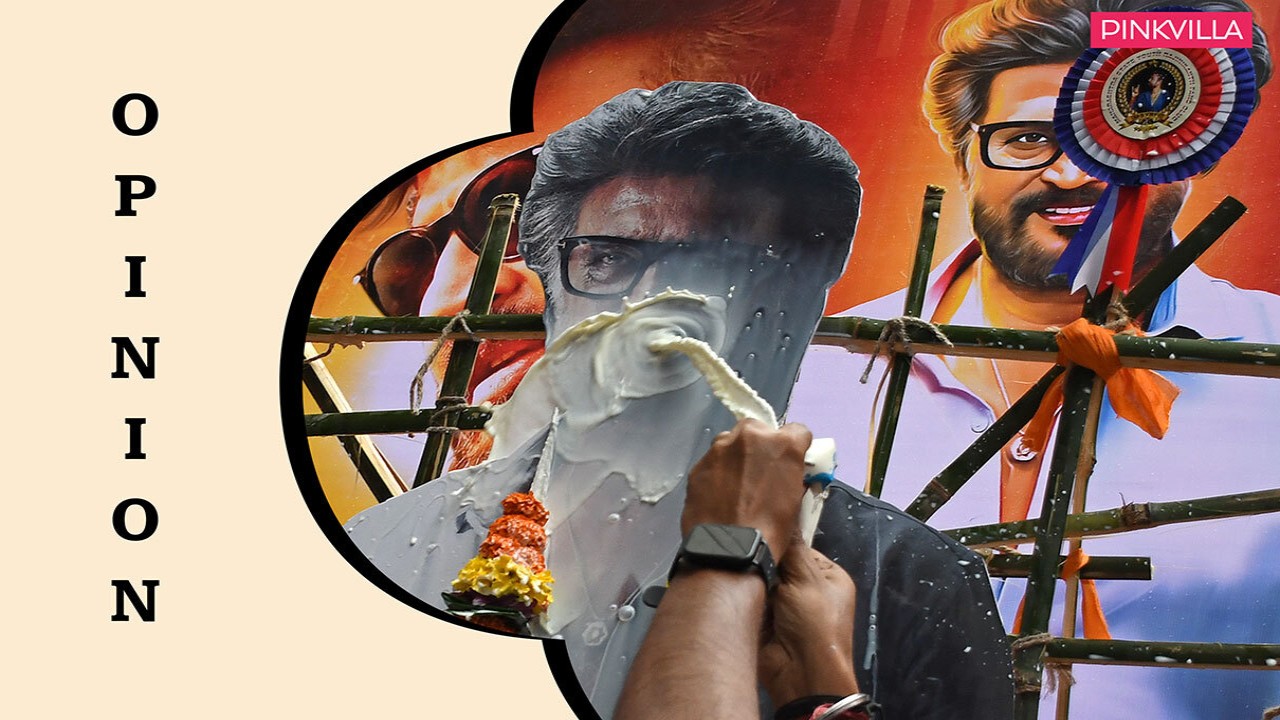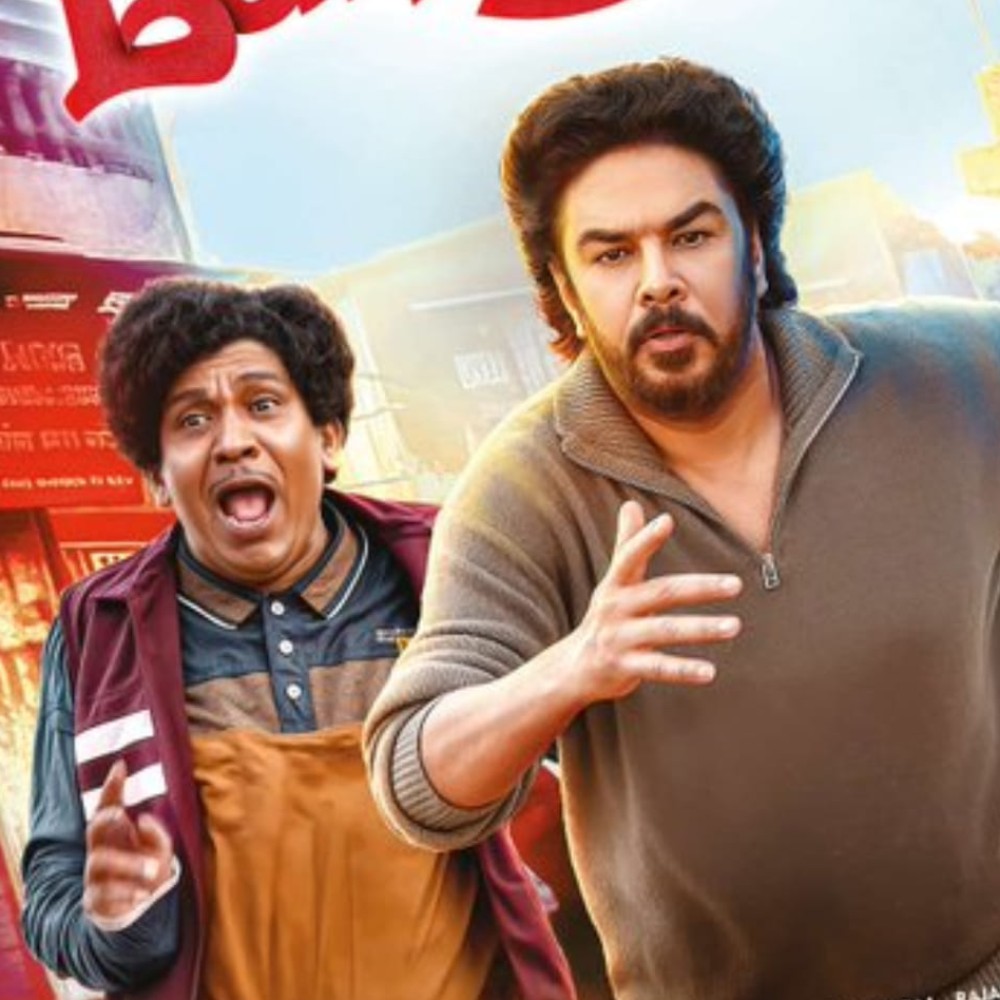OPINION: Would Kerala’s petition for films to be reviewed only after 48 hours be worthy or does decision fail to prove a point?
Regarding review bombing cases in Malayalam cinema, a new petition was submitted to Kerala HC which recommends film reviews should only go up within 48 hours of the film’s release. Would it work?

In 2024, Malayalam cinema has been enjoying quite a fun-filled ride in terms of films that have been released recently. With Mammootty coming in with a spine-chilling horror flick like Bramayugam, or a bunch of young people enjoy the simple nature of love in Premalu or even the story of friendship and survival from the blockbuster Manjummel Boys.
However, all the recent films that have hit it out of the park are followed by a low slump that Malayalam cinema had last year. In 2023, films in Malayalam were failing so much that only very few out of the lot had managed to meet the expectations of the audience and even pull them to the theaters. Many films that were released last year not only failed in making collections but are mostly forgotten by the audience as well.

Review bombing and Malayalam cinema
Many filmmakers and film associations in Kerala started to analyze why their movies were failing, and they justified that people did not watch movies because of YouTubers' review bombing their films and defaming them. On the other hand, these same YouTubers retaliated which led to a widespread debate on the topic even leading up to some makers actually filing cases against reviewers.
In correspondence to these rising concerns, the Amicus Curiae filed a petition in Kerala High Court recently which provided some recommendations to help save cinema from review bombing by early reviewers. It is recommended that films released should only be reviewed across platforms after it has completed 48 hours since their release, giving them an adequate amount of time to be judged by the audience.
Ever since the recommendation was made public, many people have divided up into different factions of viewership, where one faction condemns this decision and says that reviews help people decide whether to watch a film or not with their hard-earned money while the other faction believes this decision could help in audience liking or disliking a film according to their own opinion, rather than relying on YouTubers or social media influencers across all platforms.
Dwelling upon this question, many would like to know an elaborate analysis of the two factions of the debate, which could possibly give a necessary opinion about the situation as well.
Reviews post 48 hours of film’s release - Boon or Curse for films?
The notion of making a film has served various purposes for different people over the years, for investors or producers films are just another commodity for them to put money towards. Creative artists and actors see it as a viable source of entertainment and/or an artistic way of connecting people with stories.
Be it what may, the success of films is largely benefitted by the love and fondness they generate through the people who pay their money, invest their time, and make an effort to watch different types of films from various genres. Making them an essential and most viable part of a film’s release.
Taking a stand with this notion, many people on the internet can be seen using this as a valid point of argument to ridicule the decision of reviews being limited to only after 48 hours of release but even to this, there is an offside which has to be understood.
Even though a film is good or bad is decided by the audience, many audience members of today try to stay relevant in their opinions by following a certain social media personality and copying their views and opinions on a certain matter, spreading them as their own. This aligning of one’s own decision or viewpoint to some random person on the internet actually disregards the actual understanding a person had for a matter, in this case, films.
In certain situations, a film may have been really great in the content or the kind of filmmaking techniques and creative decisions that were taken to make the film but are not even noticed by the audience until it's too late because of a review by a random person on the internet. In other cases, a bad or horribly made film may get more attention from the audience just because this same so-called reviewer liked the film.
On the other hand, like in any process of communication, films also need to be given feedback. From its making to performances by actors, creating constructive criticism of the same develops a filmmaker’s career, so they can make apt changes to it and create a better film in the future.
What would be better for the cinema?
After understanding the prominence of both sides of an argument, it can be easier to assume that, a film can only fail if the audience wants it to fail and makes a conscious decision to not watch a film.
Assuming that the aforementioned petition does come into existence and makes it a legal obligation to withhold reviews from being spread across social media platforms, it does not cause or distort the viewing experience of a normal movie-watching person. The best publicity or marketing that can make a film succeed is and has always been through the use of word of mouth.
An average person, who wants to watch a film usually tends to look into the cast and crew of a film which gives them an idea of what to expect from the project or what kind of performances they can get from them. Providing more clarity to the audience, filmmakers also launch teasers, trailers, music videos, and even promos from the film, making them more or less interested in the film.
Understanding all these aspects, a person buys a ticket and watches a film. If they like they would suggest it to their family or friends, and if they don’t the opposite is inevitable. This way of making people aware of a film's quality is much better and more efficient in understanding and accepting a film.
In such incidents, it is wise to remember the words said by Megastar Mammootty during the promotion of his film Kaathal - The Core, where he said to the audience that, opinions about something can either be good or bad but the opinion one makes should be of their own rather than opting for someone else’s. If one does take another’s opinion on a matter like that, it is that person’s voice that will be heard and not your own.
In this sense, even if film reviews by social media influencers are subjected to only being put out after 48 hours of a film’s release, the reaction of such people would not alter or deter from the opinions formed by the majority audience. This also enables online reviewers to have a more deepened and analytical take on a film, identifying the pros and cons rather than hashing out over-the-top gimmicks, publicly forgetting that a particular film’s director and editor are the same person, or even formulating opinions based on one’s individual political stand.
Conclusion
In conclusion, it could be understood and acknowledged that films are made so that the audience of a particular generation would appreciate and accept them as they evolve. With many exceptions over the years, audiences have often stuck by films that have entertained them.
The audience, even if some may be influenced by the popularity of so-called social media influencers or online reviewers, are generally more interested in supporting good cinema and good content which can be pathbreaking or purely entertaining or even both sometimes. Even in some exceptional cases, when the audience has failed to understand the significance of a film or the impact it could create in the future of cinema, it is only a matter of time until they accept a film for its intellectual quality and be appreciated by the audiences, who are yet to be born, making them cult classics of today and tomorrow.
Understanding both sides of the argument raised above, the opinion formed by many might still be unapproachable but in the end, it is the audience who decides, who has the power to control who gets to be in the field and who should be ousted from the stage. The audience has and always will have the power to select what they want, support them, and even criticize them.





 JOIN OUR WHATSAPP CHANNEL
JOIN OUR WHATSAPP CHANNEL








































